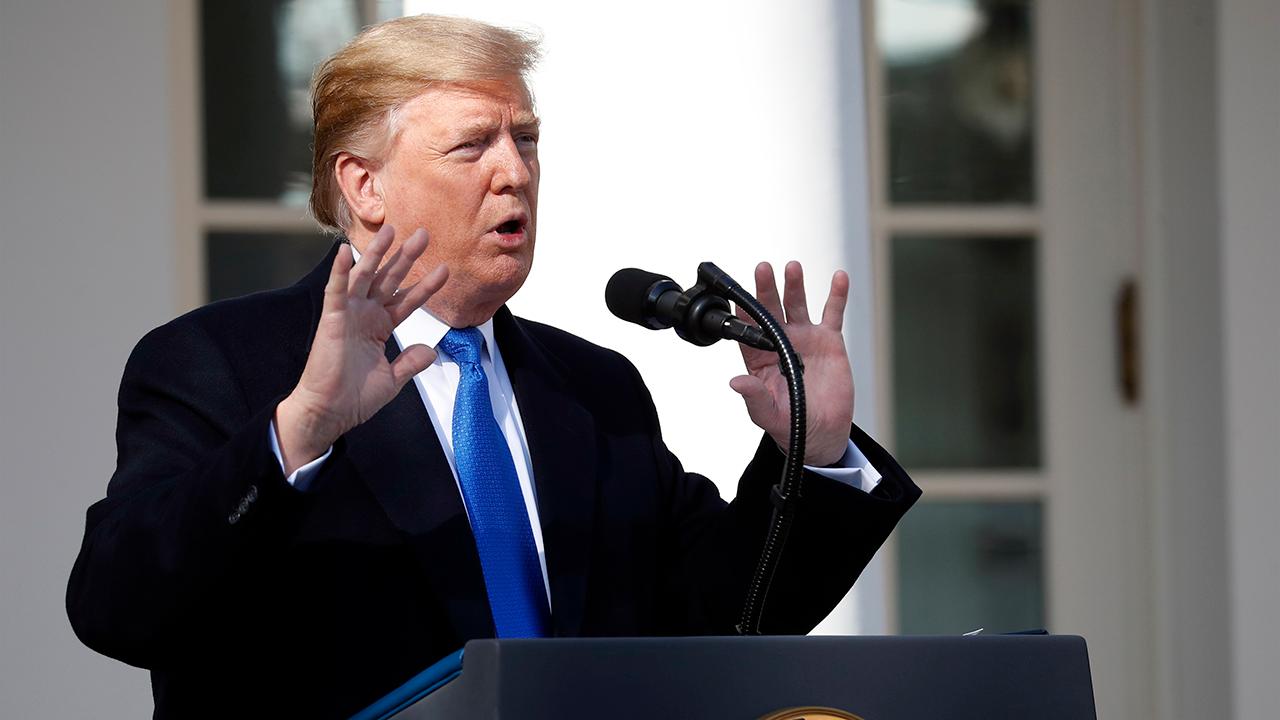American savers have lost roughly $500 billion because of low interest rates
American savers have missed out on somewhere between $500 billion and $600 billion in interest on their bank accounts as a result of the Federal Reserve’s policy following the financial crisis in 2008.
And because policymakers at the Fed seems inclined to keep its benchmark federal funds rate low, savers are likely to continue paying the price for the financial crisis, according to a research note from Wells Fargo analyst Mike Mayo,
“The central banks seem reluctant to give up on easy monetary policy,” the note said.
While the U.S. central bank has been raising interest rates since late 2015, at its latest policy meeting in March, the Fed voted to keep interest rates steady. It also signaled there will be no hikes for the remainder of the year, citing concerns about slowing global economic growth.
The Fed currently keeps the benchmark federal funds rate -- or interbank lending rate -- steady in a target range of 2.25 percent to 2.5 percent after raising it four times in 2018.
This base rate affects what interest banks pay savers and what they charge for loans to consumers. A lower federal funds rate means banks pay savers less in interest, even if they also charge consumers less for auto loans and 30-year-fixed mortgages.
Even when the Fed raises its policy rate, some banks and credit unions are slow to raise the interest rate they pay savers.
In the U.S., the Fed is also facing external pressure from the White House to keep rates low, which could mean “many years” of lost savings for Americans, Mayo said.
“Profligate governments, e.g. the US, want to keep yields low,” the research note said, meaning that governments that borrow a lot to fund spending want to pay lower rates on their debt. “Central banks are playing ball.”
CLICK HERE TO GET THE FOX BUSINESS APP
What’s more, the sustained pressure on the Fed could escalate further now that President Trump has said he wants to appoint Herman Cain, the former Republican presidential candidate, and Stephen Moore, a conservative analyst and frequent Fed critic, to the Fed’s seven-member board.
If nominated and approved, Moore and Cain would fill the two remaining vacancies on the Fed’s seven-member board.




















